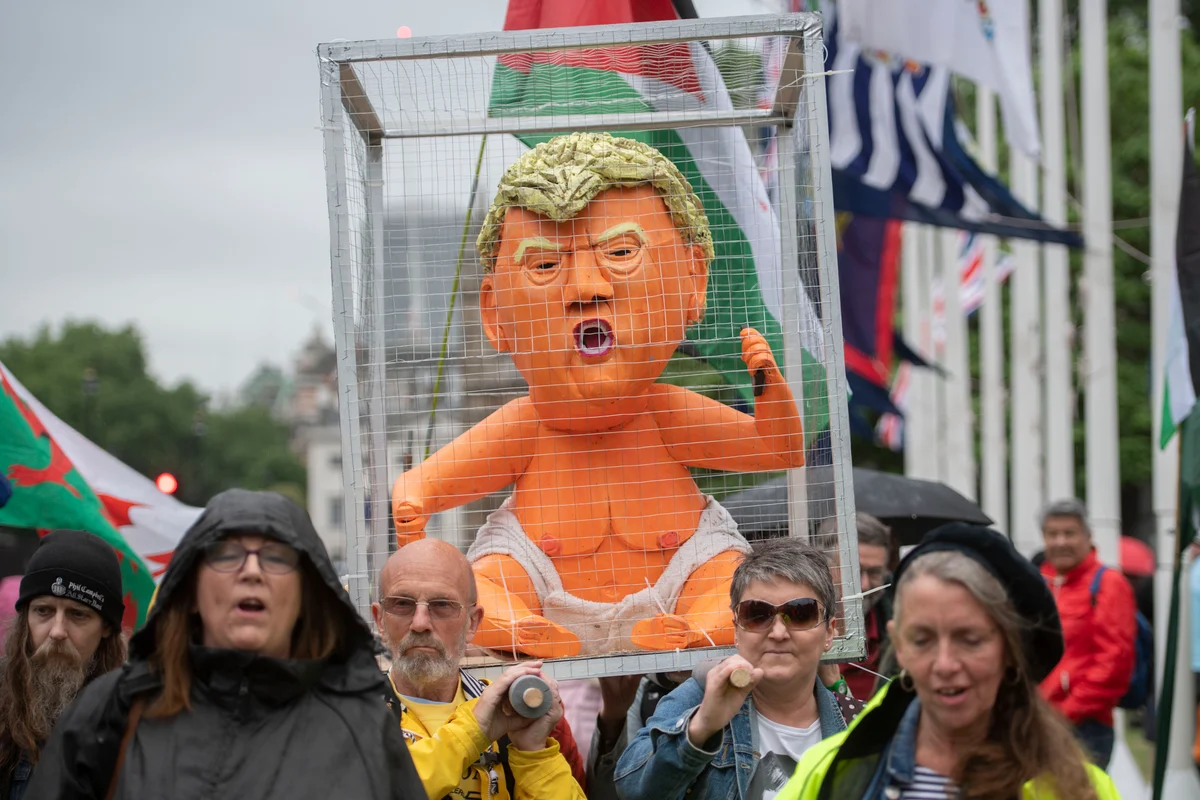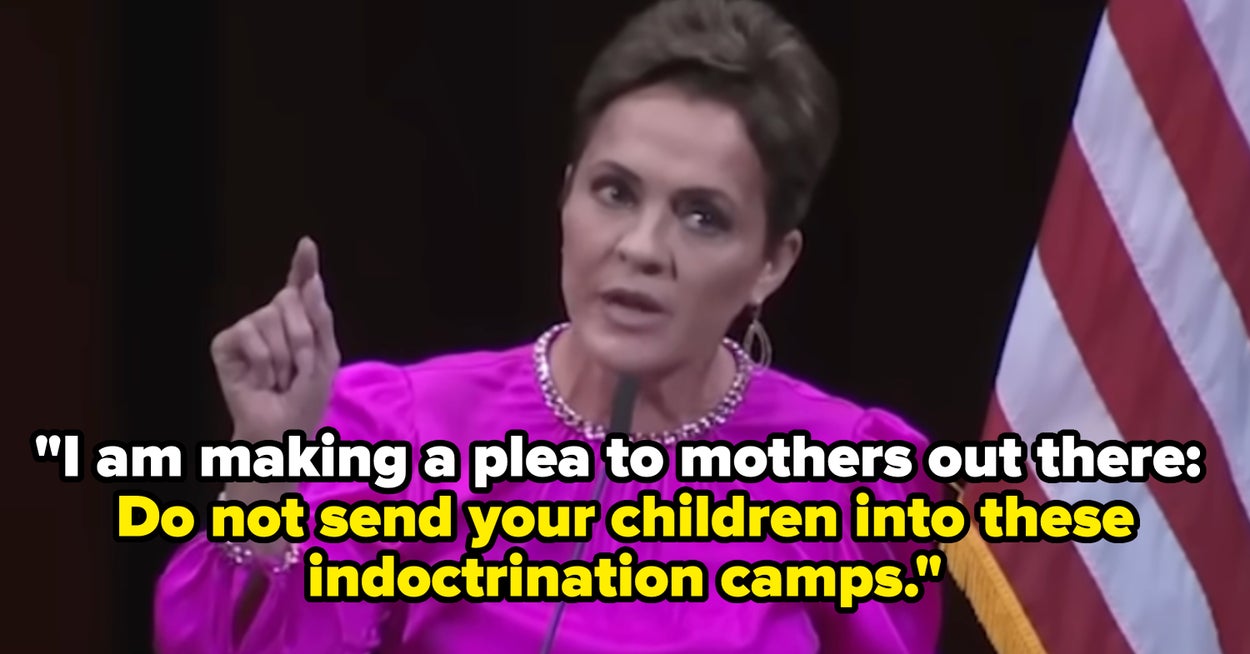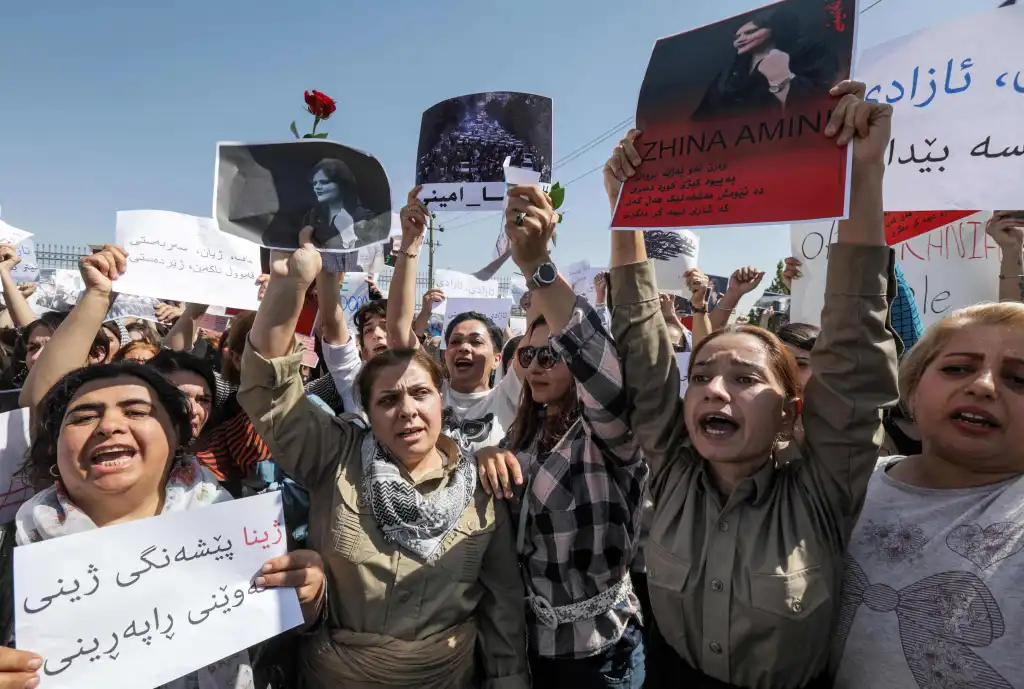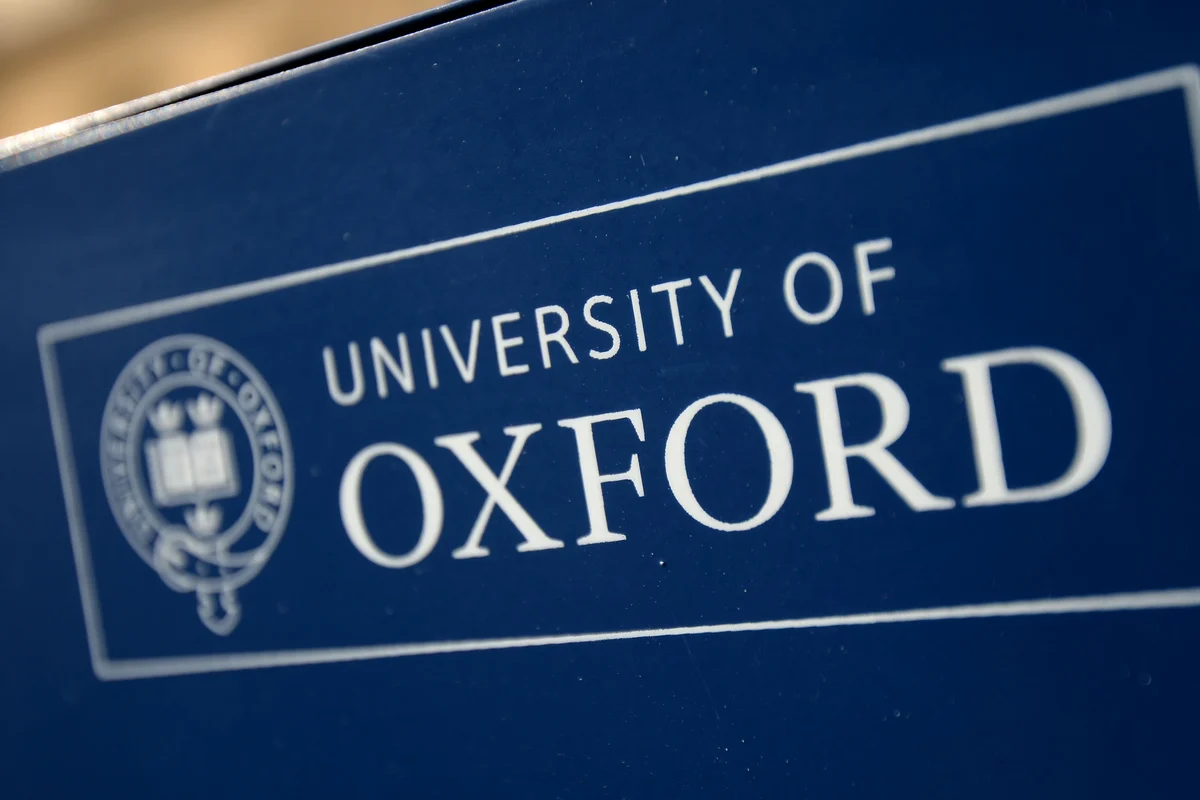Prince Harry Has “A Clear Conscience” Amid Burgeoning Reconciliation with King Charles, Visit to Ukraine
By Stefania Conrieri
Copyright vanityfair
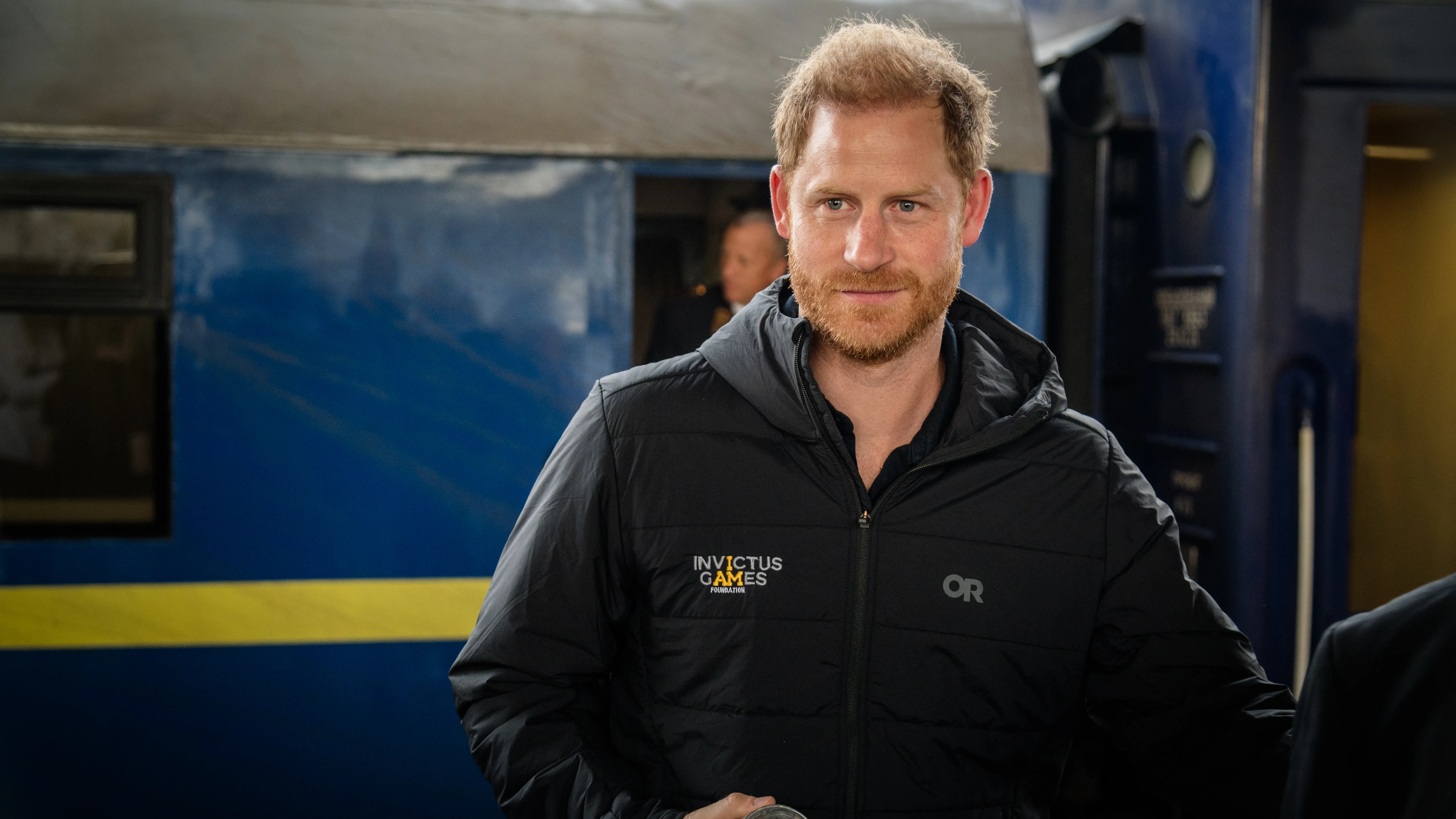
Harry, who turns 41 Monday, sat for an interview with UK media outlet The Guardian, which has been critical of the monarchy and even, in a 2000 editorial, advocated for its abolishment. In 2023, within weeks of Charles’ coronation, the paper also published an investigation into the monarch’s finances.
The Guardian followed Prince Harry on every step of his surprise trip to Ukraine last week. He was invited by Superhumans, an organization that provides prosthetics and rehabilitation programs to soldiers and civilians injured in the conflict.
The trip to Kyiv was partly for Invictus Games business: The veteran-focused sports foundation has taken center stage in Ukraine since the first team participated three years ago. Harry and his colleagues met with injured veterans and their families, as well as those working in the veteran space, and were confronted with shocking figures and stories: more than 130,000 people with serious wounds, often facial mutilation or disability, and a war that seems endless.
The Guardian’s account of traveling with Prince Harry shows a man deeply immersed in his role as an ambassador for the Invictus Games Foundation, and committed to understanding the conflict in the Ukraine. The story begins with a description of the journey to Kyiv, an overnight ride from Medyka to the Polish-Ukrainian border that. Though he was traveling on business, the interview also shows another, more informal side of Harry’s personality. He reveals that he doesn’t like to pose for photographs and isn’t fond of cycling, joking that he has “a bony ass.” He boxes for exercise instead: “Hitting the hell out of a bag,” he told the paper, helps him relieve stress.
According to the article, Harry was jovial during the train ride, walking around in socks and cracking dad jokes. In public, however, he maintains a confident voice and natural charm with strangers. When alone, he speaks softly, listens, and asks questions about people and politics.
What is happening in Ukraine is his immediate concern. “The one thing that people miss when they hang up their uniform is purpose,” Harry said. His work with Invictus, he said, “saved me.”
While in Kyiv, the prince visited makeshift memorials for Ukrainian and foreign soldiers, met with wounded veterans, and supported Invictus Games activities. The most poignant moment was when he visited the memorial for the fallen in Maidan Square, Kyiv. There the royal remarked, “I wanted to find a spot to lay the wreath in peace away from everyone. My God, it’s like a maze in there. I didn’t appreciate how far back it went. Honestly, it is one of the saddest things I have ever seen. But also one of the most beautiful.” He added, reflecting on the war, “It is all so unnecessary.”
Speaking with veterans and visiting places affected by Russian missiles, his commitment to Invictus and sports rehabilitation emerged. Again, he mentioned the importance of finding new passions and causes for veterans after “losing a sense of community and being part of a team, and of course the camaraderie and adrenaline. But at the heart of it is your job, your role is serving a purpose larger than yourself.”
Regarding disability and the social perception of the wounded, Harry said, “Seeing people with prosthetics and life-changing injuries is going to be the norm in Ukraine for the coming decades. Nobody should feel embarrassed or ashamed about their disabilities. It’s about flipping from sympathy to admiration and respect.”
Olga Rudnieva, founder of the Superhumans trauma center in Lviv, who invited Harry on the visit, said, “It’s amazing. We never expected this level of recognition.”
“Ordinary people know who he is,” she continued. “We honestly didn’t know he had become such a celebrity. I think Prince Harry coming here is a symbol of victory and power. People look at him and his military experience and they see he is not afraid to come to Ukraine. It is so important that he came.”
Ruslan Prykhodko, Ukraine’s deputy minister for veterans’ affairs, said, “Sports recovery and rehabilitation did not exist in Ukraine before Invictus. Now we are creating a whole system with different kinds of training and preparing teams in all kinds of sports.”
Told that Rudnieva attributed part of Harry’s popularity to his habit of doing things in his own way, Harry responded, “You know who else did that? My mum.” That would be the late Princess Diana, of course.
The Guardian referred to Harry as having reached “cult-hero status” in Ukraine.
At one point, Harry disappeared from the motorcade for an hour, for what many suspected to be—but was never confirmed as—a private meeting with President Volodymyr Zelensky. At the end of the visit, the prince received dozens of gifts, including a walking stick decorated with a hidden dagger.
Harry didn’t just speak to the Guardian about Ukraine and Invictus, he also dished on his tense relationship with much of the British press. The prince has engaged in a lawsuit against the publisher of the Daily Mail, along with Doreen Lawrence and Elton John.
He insisted that despite his portrayal in some outlets, he’s actually well-liked in the UK. “They hope to bring the public with them, but … I think the British public can speak and think for themselves,” he said of what he sees as biased media reports. “I feel a lot of support from the British public. Even now, when I feel like I have been destroyed by certain members of the British press. It serves them to think that the British public feels the same way about me as they do.”
Regarding choosing to tell his story so openly, in interviews, his Netflix series, and the book Spare, Harry was unrepentant: “I don’t believe that I aired my dirty laundry in public. It was a difficult message, but I did it in the best way possible. My conscience is clear.”
“It’s not stubbornness, it is having principles,” he said. He also mentioned that he’d like to bring his children to the UK someday as well, pending security arrangements.
The prince also reflected on family relations. He dutifully mentioned his father, King Charles, whom he recently saw again after months of silence. “The focus really has to be on my dad,” he said, suggesting that fences will continue to be mended.
He mentioned his wife Meghan Markle only once in the interview, citing a key piece of advice from her: “Just stick to the truth.” This philosophy has guided his public life, from the Invictus Games to his book Spare, which he called an attempt to correct erroneous narratives and share his own experience. “It is the thing I always fall back on. Always. And if you think like that, who would be stupid enough to lie? It takes up too much time and effort.”
Although he was aware of the media narratives, Harry reiterated that he was not the unhappy man some journalists had painted him to be. He made it clear that he was satisfied with his life: “It is only in certain elements of the press where you see this talk about me being down or saying I am not smiling. This comes from people who think they know what I am thinking and how I am feeling. They are wrong. I think parts of the British press want to believe that I am miserable, but I’m not. I am very happy with who I am and I like the life that I live.”
After 36 intense hours, Harry left Kyiv. Before boarding the overnight train to London, he said his goodbyes, laden with gifts from veterans and their families. “You cannot have reconciliation before you have truth,” he said.
Indeed, headwinds are still blowing from London. Sources close to Harry told Vanity Fair that Harry’s relationship with his brother, Prince William, is at an “all-time low.”
“It’s as if something has pushed William even further away from the prospect of a reconciliation,” the source, who knows both brothers, said. “He is adamant that he wants nothing to do with his brother. He is more upset with him than ever.”
Over the past five years, William has embodied the practical support of the Crown: he has taken on delicate tasks in his father’s stead, attended official events in his absence, and publicly defended the reputation of the royal family. In the meantime, his wife, Kate Middleton, and his father, the king, have both been in treatment for cancer. Harry, on the other hand, has chosen Los Angeles as his own home base, distancing himself from the Firm and building an alternative role to the traditional monarchy.
At present, however, the Duke of Sussex seems unperturbed by his brother’s moods. Among the crowd that cheered him on in Kyiv, the “rebel prince” seems to have finally found what he was looking for: a purpose beyond the crown.
Originally published in Vanity Fair Italia.
